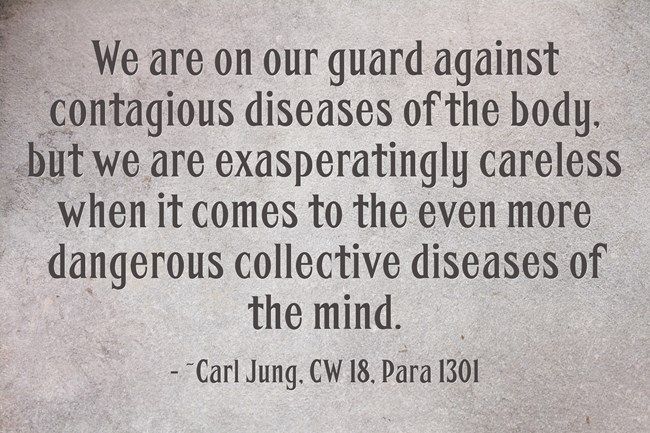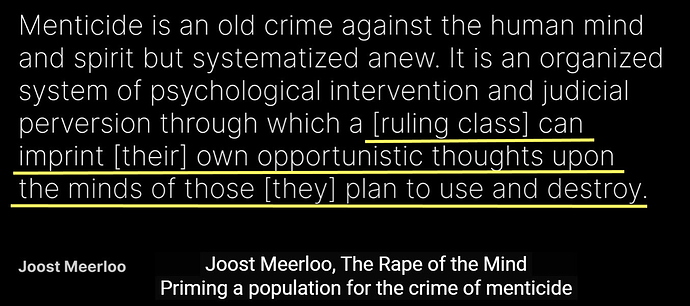Recently I’ve been reflecting on the extreme “right-left” divide in politics (here in the US, but also elsewhere) and the political scales that Ken suggested as a very useful tool and much better/subtler way to distinguish political viewpoints on a number of axes, rather than the very coarse and one-dimensional “right-left” single-axis ( https://integrallife.com/the-major-and-minor-scales-of-integral-politics/ )
Both, when I try to investigate my own knee-jerk political leanings (what happens in me before I remind myself of my interest in a more integral worldview) as well as when listening to people that in my opinion have a good sense of the pulse of the current socio-political landscape (Daniel Schmachtenberger, Bret Weinstein, anyone on the Rebel Wisdom podcasts, Lex Fridman, Ayishat Akanbi, and many more), I can’t escape the perception that political association has moved away from being defined by socio-economic policy preferences and become much more defined by identity- and tribe-association.
I wonder therefore, if some additional scales may be useful that take this into account (even more so than Ken’s major and minor scales already do)
When I listen to political discussions (or watch the memetic warfare online) it seems that it is rarely about policies. It really seems that each side simply hates the kind of persons they believe the “other side” consists of. Policies and issues seem to be primarily just used as weapons to achieve a goal that has much more to do with proving how good your side is and how stupid/evil/sheep-like/greedy/etc. the other side is. (“Look how stupid they are, they believe xyz”)
I notice that in myself as well. I have no problem understanding some of the policy points of “the other side”, even agreeing with some of them, or if not agreeing, I can see how someone could agree with them, at least to some extent (without being stupid or manipulated)
BUT, (primarily) when imagining the kind of people who spout the kinds of memes that “the other side” likes to post–and much less so when encountering people from the extreme other side of the political spectrum–it seems to me like they just are “jerks” They simply aren’t “nice” in the way I emotionally experience them (again, this applies much more to the imagined people, as well as the talking heads in the various media forums, than the real ones I encounter in person)
Clearly, I imagine, the same is true for “the other side”, that simply can’t stand the people they are imagining (and sometimes perceiving) on “our side”.
So why is this? What are the qualities we dislike on the other side? What are the qualities they dislike on our side?
Well, one possible scale I can envision would have an axis, loosely stretched out between these 2 poles:
Compassion-Friendliness
vs
Discipline-Seriousness
(trying to find positive words on both ends here!  )
)
There are many examples and qualities for each side of the spectrum, I could name, but I am first wondering what others think. Do you get a sense that political association has become much more an issue of identity and protecting one’s own sense of being “the good guys”, having “the right attitude”, etc. over the (imagined) onslaught of others who are different (as if their very existence makes us doubt that our way of being is justified/correct)
Do you think a scale along the above lines can express this dichotomy? What other words could express it better?
(For anyone familiar with Ken’s scales, the “agency vs Communion” scale is probably somewhat adjacent to this one, but it has a different focus–I think it doesn’t fully express the opposites I am pointing towards here.)
 And no, I haven’t gotten my room cleaned yet… LOL
And no, I haven’t gotten my room cleaned yet… LOL
